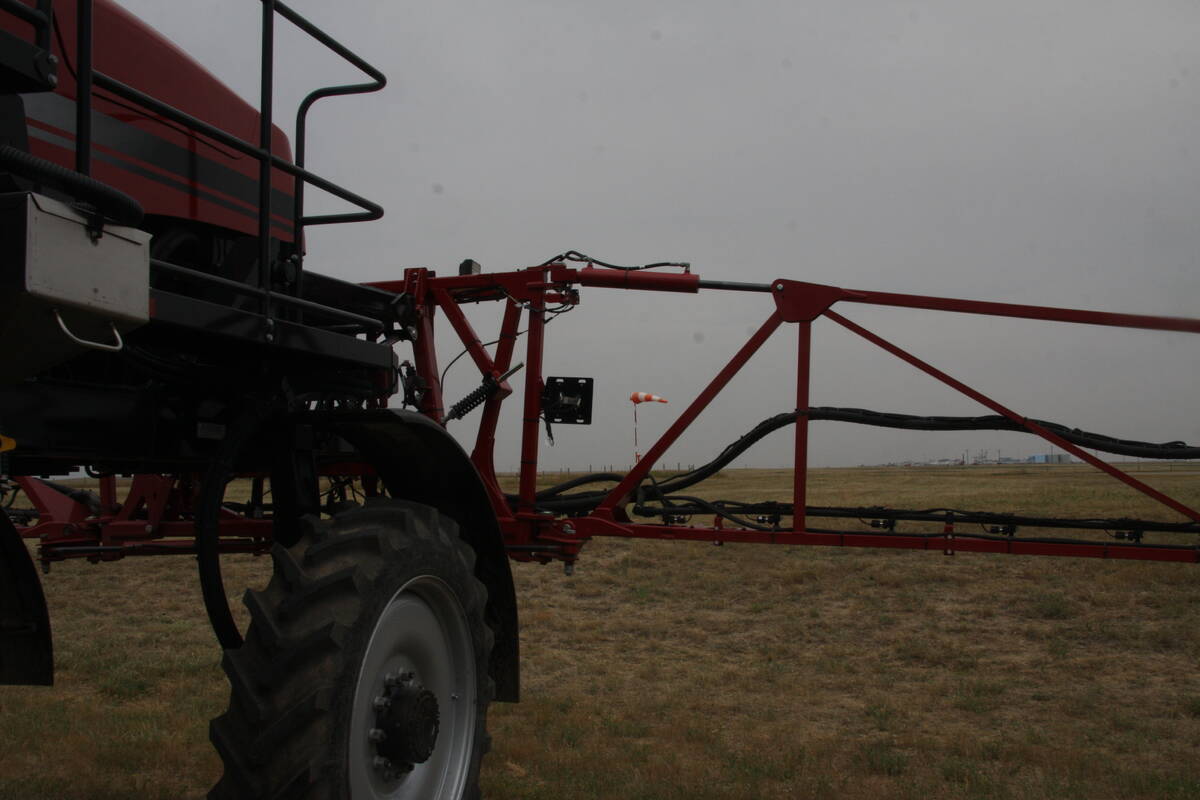WESTBROOK, Alta. – Neighbours often pitch in to help when a farmer’s
barn burns down or a farm accident prevents the family from getting the
harvest done.
That generous spirit emerged on a broader scale when 75 people gathered
at a country school near Cochrane, Alta., to discuss ways of helping
each other out of the worst drought to ravage Alberta in 133 years.
“We are proud people,” said meeting organizer Rose Ortman of Cochrane.
“We don’t want the help. Take the help. We don’t want suicides and
Read Also

More work wanted on removing red tape
REGINA — Canadian farmers risk falling further behind competitors if two main federal agencies don’t become more efficient and responsive…
broken marriages.”
Livestock feed is the priority.
The group agreed the federal government must become more involved in
helping with freight costs. It was also suggested that hay trucking
firms should be allowed to use purple fuel to cut transportation costs.
“We have an obligation to make a demand of our federal government
because we are feeding those critters down there,” said Innisfail
rancher Maggie Delaney.
She said they must find a way to hold onto their young cows so they
have a youthful herd when the drought ends.
As a hay producer, Delaney saw her yield drop from an average 800 bales
to 189. Dugouts and wells are starting to run dry in her area south of
Red Deer and farmers are hauling water every day for household and
livestock use.
People were advised to shop around because prices are increasing daily
and some hay and straw quality might be less than expected.
Everyone at the meeting realized cows must be fed until next June,
which could cost about $1,000 per animal. That could be a struggle for
many when hay trucked into central Alberta costs $3.50 per loaded mile
and bales are selling for $110-$175 each.
“I don’t want to go further into debt to keep those cows,” said one
producer. “It doesn’t make sense for me to spend $800 to feed a $700
cow.”
Other suggestions included an “adopt a cow” program where city people
could support a cow for the winter with a cash donation to cover the
cost of feed.
Ditches along roadways should either be cut for feed or grazed. Some
municipalities have already granted permission for cattle to graze
ditches.
People were also advised to apply for all government programs available
and if they do not have a Net Income Stabilization Account, now is the
time to apply. Numbers for each program are listed below:
Farm Income Disaster Program: 800-851-5070.
Alberta Farm Aid: 310-0000 and ask for 780-422-9167.
NISA: 800-665-6472.
Those with crop insurance might have to wait for adjusters because the
staff is more than two weeks behind. Alberta Hail and Crop Insurance
has already received more than 13,000 claims for failed crops and
burned off pastures.
Committees were formed after the meeting to take calls from those
offering donations of money, feed or transportation. Members include:
Rose Ortman: 403-932-4431.
Laurel Pedersen: 403-932-6352.
Bonnie Schweer: 403-227-3428.
Carolyn McBain: 403-637-2547.

















